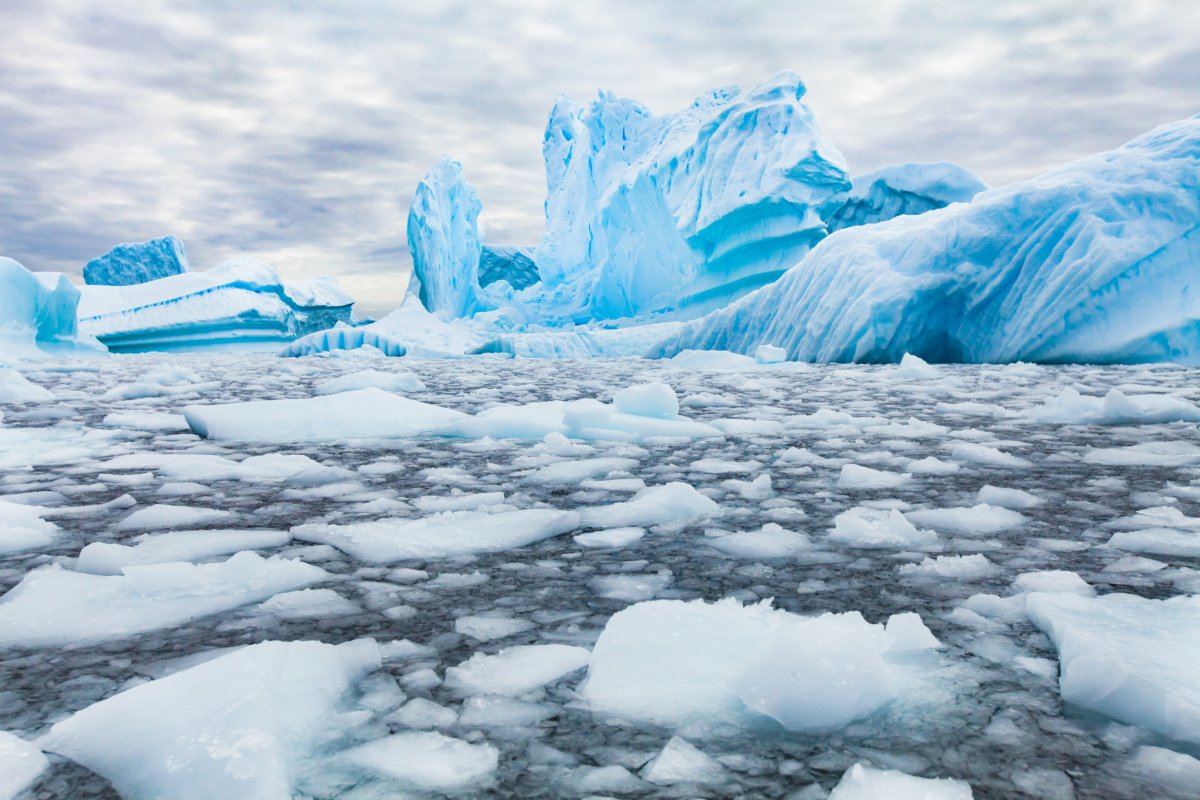Mars’ distant orbit may have more of an impact on our planet than we first thought.
The interaction between Earth and Mars’s gravitational influences may be linked to a 2.4-million-year cycle of ocean currents deep beneath the surface of the sea, according to a new study in the journal Nature Communications.
This cycle of deep-ocean currents may have influenced past long-term global warming patterns, the scientists suggest.
“We were surprised to find these 2.4-million-year cycles in our deep-sea sedimentary data. There is only one way to explain them: they are linked to cycles in the interactions of Mars and Earth orbiting the Sun,” study author Adriana Dutkiewicz, a geosciences researcher from the University of Sydney EarthByte Group, said in a statement.
ISTOCK / GETTY IMAGES PLUS
The orbit of Mars is thought to interact with that of the Earth, slowly changing the shape of our orbit.
“The gravity fields of the planets in the solar system interfere with each other and this interaction, called a resonance, changes planetary eccentricity, a measure of how close to circular their orbits are,” paper co-author Dietmar Müller, a professor at the University of Sydney, said in the statement.
This essentially leads to 2.4 million-year-long cycles—referred to by the researchers as “astronomical grand cycles”—of slightly increased levels of solar radiation and warmer climate, which in turn impacts the ocean’s circulation.
This was discovered after the researchers found that warmer periods of the cycles occur at the same time as increased breaks in the deep-sea record, due to more vigorous deep-ocean circulation.
“A break in sedimentation indicates vigorous deep-sea currents, while continuous sediment accumulation indicates calmer conditions. Combining these data with advanced spectral data analysis has allowed us to identify the frequency of breaks in sedimentation over 65 million years,” Dutkiewicz said.
These results are intriguing, as previous work and current models have suggested that the current Atlantic circulation system that drives the Gulf Stream, known as the Atlantic Meridional Overturning Circulation (AMOC), may get less active in a warmer climate, due to the melting of sea ice.
The AMOC is driven by a combination of factors, including differences in water temperature and salinity, as well as wind patterns. As warm water from the tropics moves northward, it cools and releases heat to the atmosphere, influencing regional climates in places like Western Europe. The sinking of colder, denser water in the North Atlantic helps drive the circulation loop, as this dense water flows southward along the ocean floor.
Changes in the strength or stability of the AMOC can have significant impacts on global climate patterns. For example, a weakening or collapse of the AMOC could lead to cooler temperatures in parts of Europe and altered weather patterns around the world. Scientists study the AMOC closely to better understand its dynamics and how it might respond to factors such as climate change.

ISTOCK / GETTY IMAGES PLUS
“The freezing and melting of sea ice is not the only mechanism influencing deep ocean circulation. Deep-ocean eddies are predicted to intensify in a warming, more energetic climate system as major storms become more frequent,” Müller said.
The researchers suggest that these astronomically-driven cycles may also help to keep the ocean currents ticking, even in the face of climate change.
“Our deep-sea data spanning 65 million years suggest that warmer oceans have more vigorous deep circulation,” Dutkiewicz said. “This will potentially keep the ocean from becoming stagnant even if Atlantic Meridional Overturning Circulation slows or stops altogether.”
Do you have a tip on a science story that Newsweek should be covering? Do you have a question about ocean currents? Let us know via [email protected].
Uncommon Knowledge
Newsweek is committed to challenging conventional wisdom and finding connections in the search for common ground.
Newsweek is committed to challenging conventional wisdom and finding connections in the search for common ground.


